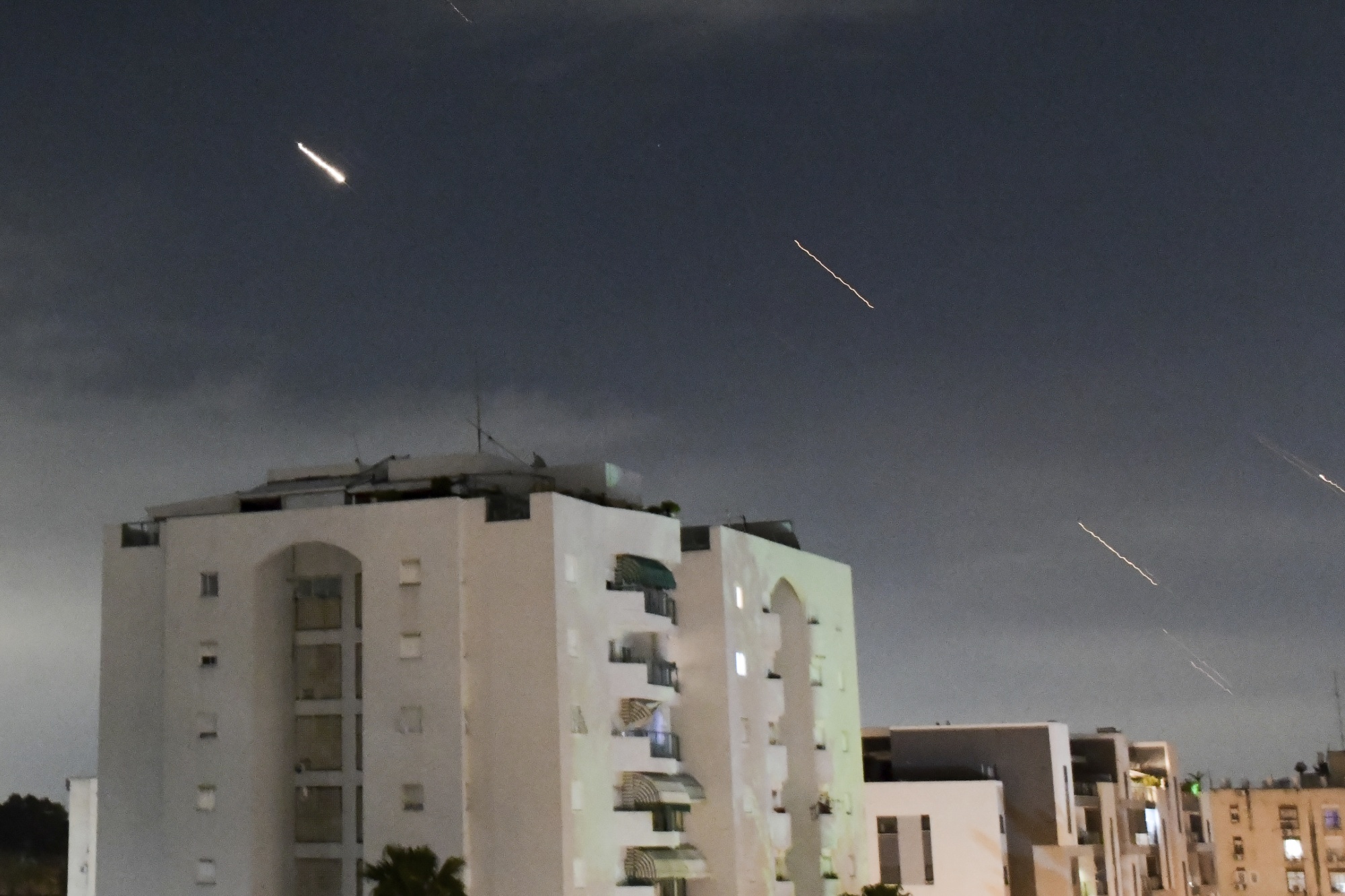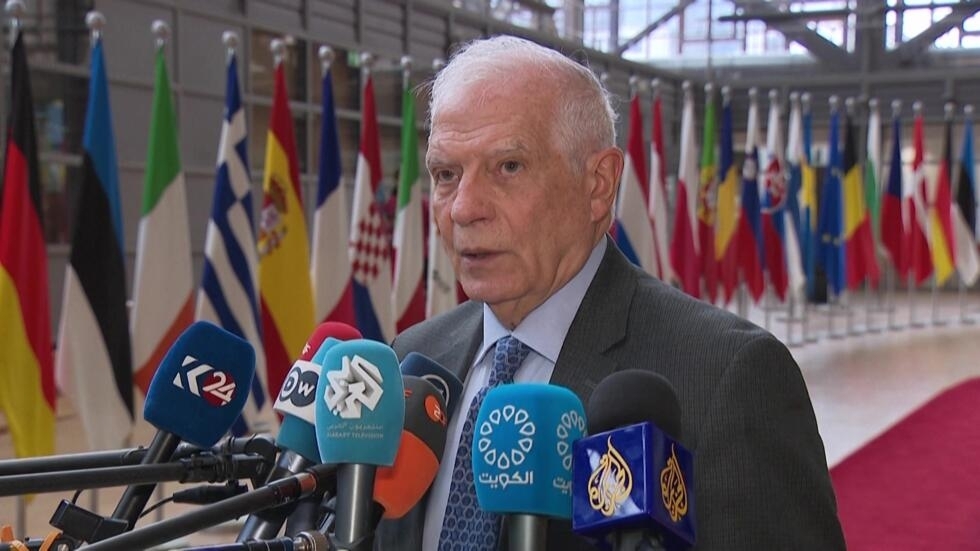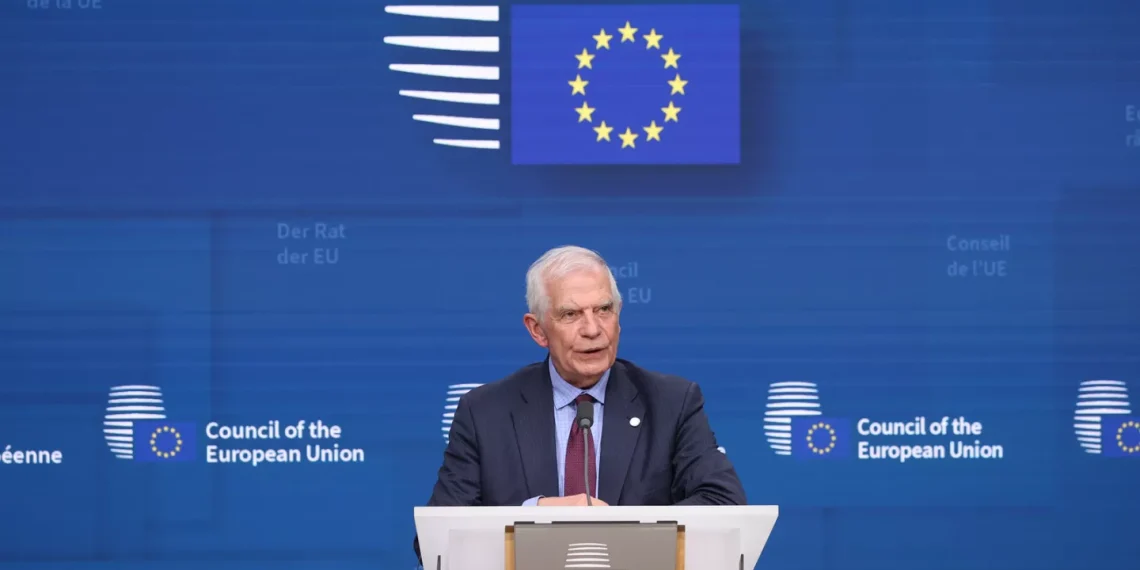European Union leaders convened in Brussels to address escalating tensions following Iran’s missile and drone strike on Israel.
This summit marks the EU’s first gathering of national leaders since the attack, which occurred amid the ongoing conflict between Israel and Hamas, backed by Iran.
Amid concerns of potential retaliation from Israel, EU leaders condemned Iran’s actions and reiterated their support for Israel’s security.

They emphasized the need for all parties to prevent further escalation, including in Lebanon, and announced plans to intensify sanctions against Iran.
Summit chairman Charles Michel emphasized the importance of isolating Iran, announcing that the new sanctions would target companies involved in drone and missile production.
German Chancellor Olaf Scholz underscored the necessity for Israel to refrain from a significant military response.
Italy advocated for sanctions against arms suppliers connected to the attack on Israel and incidents in the Red Sea, signaling broader international concerns over Iran’s actions. Iran’s assault was purportedly in retaliation for an attack on its embassy in Damascus attributed to Israel.
As the EU ramps up efforts to address the Iran-Israel conflict, attention also turns to Ukraine’s plea for increased support in its ongoing conflict with Russia.
President Volodymyr Zelenskiy emphasized the critical need for air defense systems, highlighting the disparity in military capabilities between regions.
EU foreign ministers are set to continue discussions on sanctions against Iran, with hopes that international measures will deter further escalation.

The EU already has existing sanctions targeting Iran’s human rights violations, weapons proliferation, and support for Russia’s actions in Ukraine.
Despite calls for increased punitive measures against Iran, concerns remain about the potential economic repercussions and China’s stance as a major buyer of Iranian oil.
As tensions persist in the Middle East, EU leaders are grappling with the complex dynamics of regional conflict and global security challenges.





